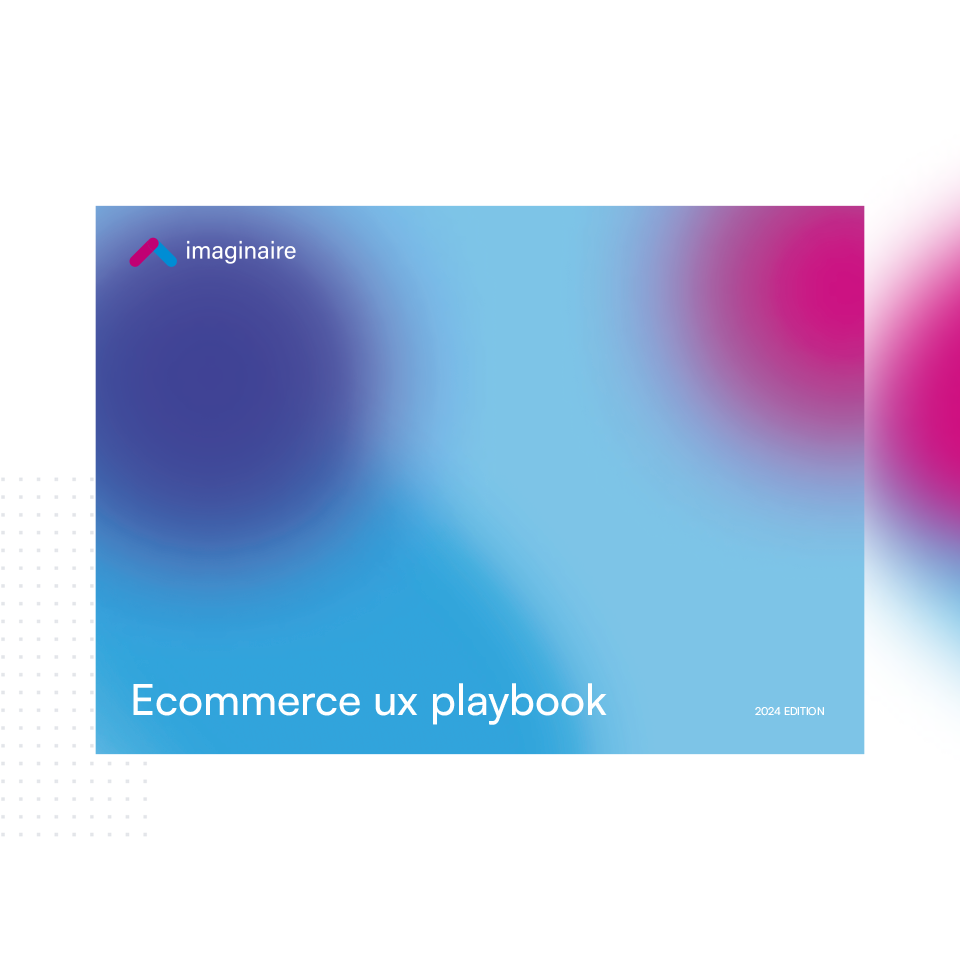Ecommerce describes the sale of goods and services online and is made up of several different models, connecting sellers and consumers from a variety of different businesses and backgrounds.
When setting up an ecommerce business, it’s important to know which models you fit into to ensure your strategies and approaches are effective. Here are the 6 main types of ecommerce, working as a guide to help you know which one is best for your business.
The different ecommerce types
Business-to-Consumer (B2C)
The B2C ecommerce business model includes a business selling products directly to consumers. This could be their products or a selection of stock from other brands. A good example of this would be Amazon and eBay which resell other companies’ products via ecommerce websites, or retailers such as H&M which combine B2C and D2C ( direct to customer ) to sell their goods.
One of the biggest aspects of a B2C business is the revenue models used.
Drop shipping: Sellers showcase other brands’ products in their online stores, typically purchasing the item at a lower cost from a third-party supplier who ships it directly to the customer.
Subscription services: Customers pay regular fees to access an ongoing service or regular product e.g. Spotify or streaming services.
Pre-owned/refurbished products: Sellers source used stock from consumers and other companies and will either refurbish or modify them before selling on.
Business-to-Business (B2B)
B2B businesses sell products or services to other businesses. They can either sell directly to end users, or they can sell to businesses that then resell the products to others.
The most attractive thing about this form of ecommerce is you don’t need as many customers to be successful in your field. A single B2B customer likely will place several high-value orders instead of requiring multiple customers to make smaller ones.
Have a read through our beginner’s guide into B2B ecommerce to find out more.
Consumer to consumer: C2C
C2C describes business transactions involving two or more consumers, taking the way the aspect of a business or supplier. The term can also refer to any provider that manages this type of online transaction, for example, someone selling their car on Facebook marketplace. Other examples could be Depop, Autotrader, Gumtree or Vinted.
These sites typically provide listing services, quality control, payment processing, and customer service to allow sellers and consumers to resolve any issues. These sites will also earn fees or commissions in return and may take a percentage of what is sold.
Consumer-to-Business (C2B)
C2B ecommerce involves consumers selling goods and services to companies as they could also be considered the end user. For example, an individual selling a news story to a journalist is running a C2B transaction. The transaction could either end there, or the buyer might go on to sell again.
Influencer networks also promote C2B transactions as they will connect businesses with consumers who are popular online. Social media influencers will often promote or sell products through their content and are being paid to do so.
Consumer-to-Government (C2G)
This form of ecommerce describes transactions between consumers and government agencies. C2G ecommerce businesses benefit consumers by simplifying administrative and payment processes.
Business-to-Government (B2G)
In a B2G ecommerce solution, businesses market and sell products to government organisations or public administrations. This could include national, local or county authorities. B2G ecommerce models can be beneficial for companies with niche offerings and effective marketing. Plus, longer government contracts and deals lead to more financial security.
Ecommerce SEO Agency
As e-commerce experts, our team have a selection of services that can help your e-commerce business grow and sell online.
You’ll benefit from an agency that doesn’t just think about design when it comes to your store, we also think about how to build it effectively to maximise its SEO potential. If you have a new brand which you’d like to launch an ecommerce, or if you already have a website, but you’d like to re-design and rebuild it, we’d love to help.
Contact our team on 0115 697 1221 to enquire and get started!
Ecommerce Agency in Nottingham and beyond
Get in touch with our team to discover our ecommerce services including web design, SEO and PPC
